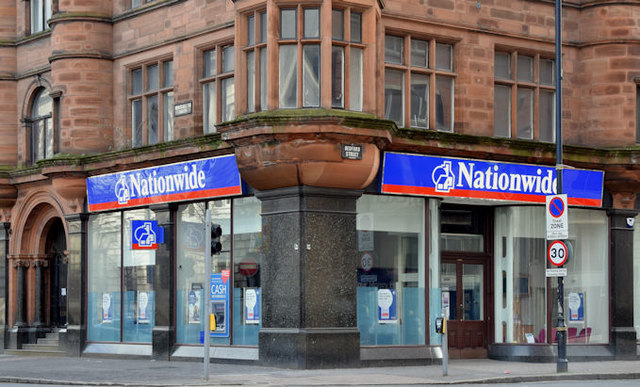A total of 10,824 properties were bought with a Help to Buy equity loan between April and June, new government figures have revealed.
The figure is an increase of 85% on the same Q2 period in 2020.
According to the latest data, 339,347 properties have now been bought with an equity loan up to 30 June 2021, since the scheme started on 1 April 2013.
The total value of these equity loans so far totals £20.9bn, while the value of the properties sold under the scheme comes to £94.4bn. The government data also revealed that 83% of all completions have been made by first-time buyers.
Commenting on the statistics, Hargreaves Lansdown senior personal finance analyst, Sarah Coles, suggested that “runaway house prices” mean government schemes for homebuyers are “more valuable than ever”.
However, she warned: “When it comes to the Help to Buy equity loan scheme, they’re more expensive than ever too.
“Government schemes have provided a vital leg up for buyers as prices climbed this past year, through Lifetime ISAs, Help to Buy ISAs and the Help to Buy equity loan scheme. However, anyone considering the Help to Buy equity loan scheme needs to be aware that rising prices could also make their loan eye-wateringly expensive further down the line.”
“When the equity loan is eventually repaid to the government, the amount that needs to be paid back depends on the value of the house at that time. If, for example, an individual borrows 20% of the purchase price, they repay 20% of the value when they eventually remortgage, meaning that when prices rise the repayments do also.
“If you borrowed 20% from the government to buy the average property in June 2015, and then you repaid the loan in June 2020, you’d have had to pay back £7,581 more than you borrowed,” Coles highlighted. “The rising market in the past 12 months means that someone doing the same a year later would have had to repay £10,557 more than they borrowed – so the rising market cost them almost £3,000.”
The Help to Buy: Equity Loan 2021-2023 scheme was announced in 2018 and launched on 1 April 2021. The scheme is similar to the 2013 to 2021 scheme but has tighter restrictions on who can use it as well as the purchase price of the properties, which is capped by region.
Latest News
-
Metro Bank hits record growth in corporate and commercial lending
-
Intermediary confidence softens slightly in Q4 – IMLA
-
Record flows drive Quilter’s AUMA to £141bn
-
8.6 million savings accounts exposed to tax
-
Mortgage lending rises 16% in 2025 – UK Finance
-
Nationwide doubles households who can benefit from 0% green home borrowing
Mortgage Advice Bureau and AI in the mortgage sector
Chief executive officer at Mortgage Advice Bureau, Peter Brodnicki, and founder and managing director at Heron Financial, Matt Coulson, joined content editor Dan McGrath to discuss how Mortgage Advice Bureau is using artificial intelligence to make advancements in the mortgage industry, the limitations of this technology and what 2026 will hold for the market
Perenna and the long-term fixed mortgage market

Content editor, Dan McGrath, spoke to head of product, proposition and distribution at Perenna, John Davison, to explore the long-term fixed mortgage market, the role that Perenna plays in this sector and the impact of the recent Autumn Budget
NEW BUILD IN FOCUS - NEW EPISODE OF THE MORTGAGE INSIDER PODCAST, OUT NOW

Figures from the National House-Building Council saw Q1 2025 register a 36% increase in new homes built across the UK compared with the same period last year, representing a striking development for the first-time buyer market. But with the higher cost of building, ongoing planning challenges and new and changing regulations, how sustainable is this growth? And what does it mean for brokers?
Does the North-South divide still exist in the UK housing market?

What do the most expensive parts of the country reveal about shifting demand? And why is the Manchester housing market now outperforming many southern counterparts?
In this episode of the Barclays Mortgage Insider Podcast, host Phil Spencer is joined by Lucian Cook, Head of Research at Savills, and Ross Jones, founder of Home Financial and Evolve Commercial Finance, to explore how regional trends are redefining the UK housing, mortgage and buy-to-let markets.
In this episode of the Barclays Mortgage Insider Podcast, host Phil Spencer is joined by Lucian Cook, Head of Research at Savills, and Ross Jones, founder of Home Financial and Evolve Commercial Finance, to explore how regional trends are redefining the UK housing, mortgage and buy-to-let markets.
© 2019 Perspective Publishing Privacy & Cookies









Recent Stories